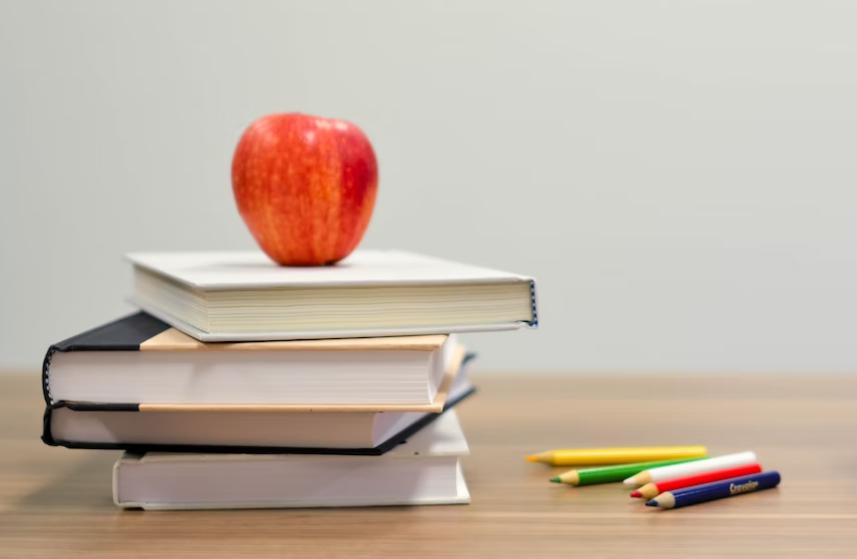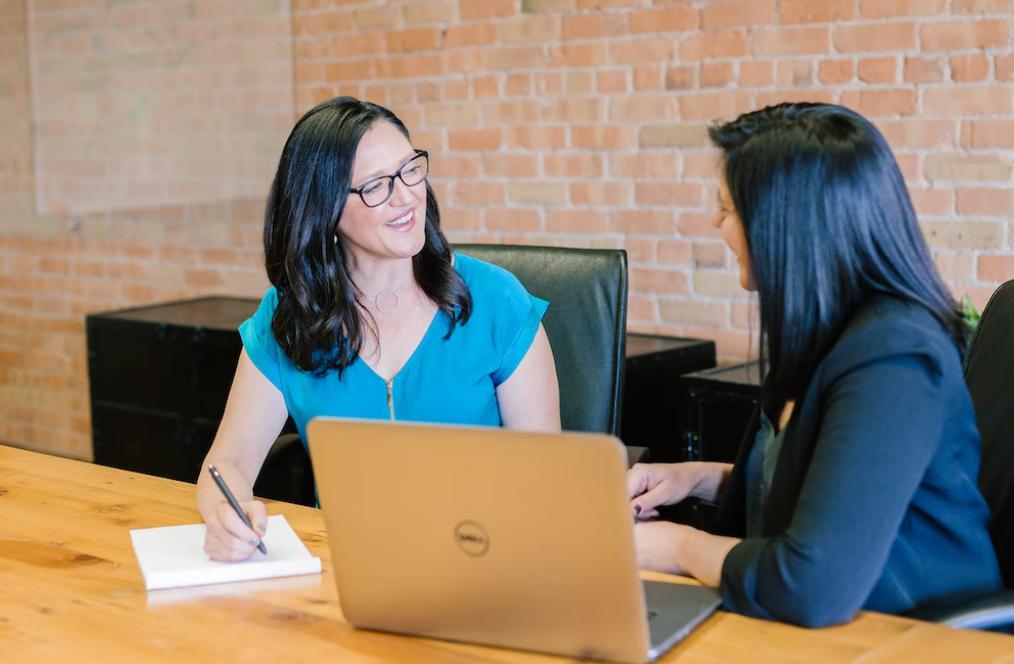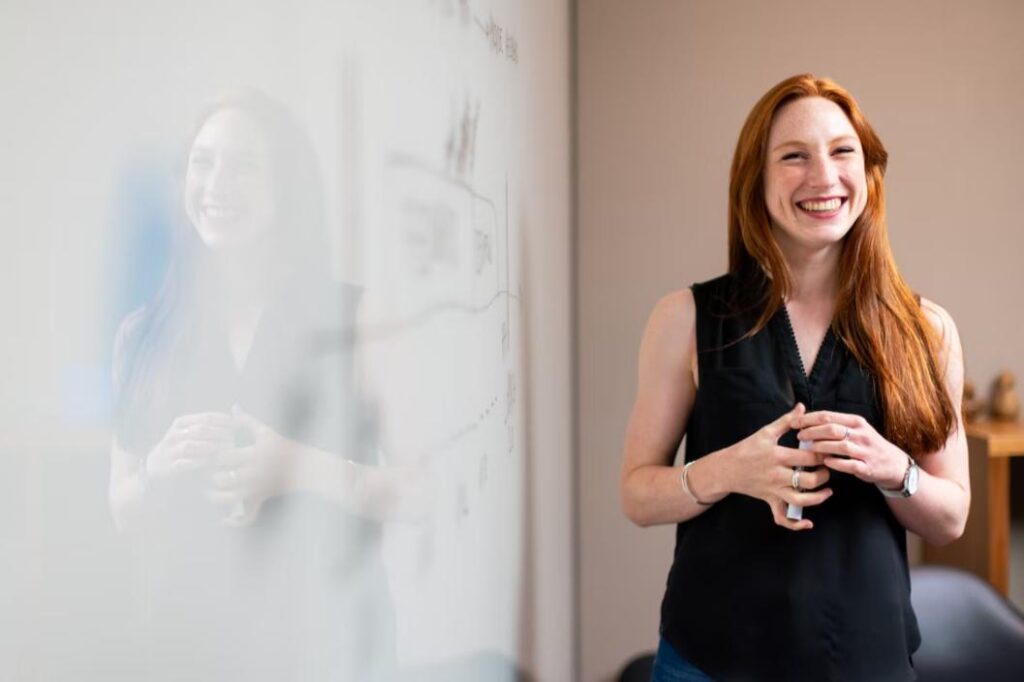How Can I Build Confidence In My Teaching Abilities?
Learn how to build confidence with some practical strategies to help you with your teaching abilities.

Selfpause Affirmation App
Download the app to get 1,000’s of affirmation meditations and everything you need to write, record and listen to your own.
Teaching is a demanding and rewarding profession that necessitates a combination of knowledge, skills, and self-assurance. As a teacher, you must have faith in your abilities to effectively educate and engage your students. Building confidence as a teacher, on the other hand, is not always easy, especially for new or inexperienced educators. This article will look at some practical strategies for increasing your confidence in your teaching abilities.
Set specific objectives.

Setting specific goals for yourself can assist you in remaining focused and motivated in your teaching. When you have a clear vision of what you want to accomplish, you can take steps to get there and track your progress. Consider setting both short-term and long-term teaching objectives. Long-term goals may include developing a specific teaching approach or methodology, while short-term goals may include improving your lesson planning or classroom management skills.
Practice, practice, and more practice

Building confidence in any skill, including teaching, requires practice. As a new teacher, you should take advantage of any opportunities to practice your teaching skills. This could include watching other teachers in action, attending professional development workshops, or even practicing your lessons with friends or family. The more you practice, the more comfortable and confident you will feel in your ability to teach.
Request feedback.

Feedback is essential for personal development and can boost your confidence as a teacher. Seek feedback from coworkers, administrators, and even students. Inquire about specific areas where you can improve, as well as what you’re doing well. Use this feedback to improve your teaching and capitalize on your strengths.
Accept your teaching style.

Every teacher has a distinct teaching style, and it is critical to embrace yours. While it’s important to keep learning and growing as a teacher, don’t try to imitate another teacher’s style or approach. Accept your own strengths and look for ways to incorporate them into your teaching. This will boost your confidence and help you create a more authentic and engaging learning environment for your students.
Maintain your organization.

Being well-organized can help you feel more confident and in command of your classroom. Make a system for recording lesson plans, student assignments, and grades. To keep track of deadlines and meetings, use a calendar or planner. This will make you feel more prepared and less stressed during your lesson, which will boost your confidence.
Constantly learn and grow

Teaching is a profession that necessitates ongoing learning and development. Attend conferences, participate in professional development workshops, and read professional journals to stay current on the latest teaching strategies, techniques, and technologies. This will not only help you improve your teaching skills, but it will also boost your teacher confidence.
Celebrate your accomplishments.

Take time to celebrate your accomplishments as a teacher, no matter how minor they may appear. Celebrating your accomplishments can keep you motivated and boost your confidence in your teaching abilities. Consider keeping a teaching journal in which you can reflect on your accomplishments as well as areas for improvement. This will help you stay focused on your objectives and grow as a teacher.
Create connections with your students.

Positive relationships with your students can help you feel more confident as a teacher. Strong relationships with your students increase your chances of feeling supported and respected in your teaching. Take the time to get to know your students personally, and look for ways to connect with them both inside and outside of the classroom.
Participate in your school’s community.

Participating in your school’s community can also boost your confidence as a teacher. Participate in school events, join a committee, or volunteer for extracurricular activities. This will not only make you feel more connected to your school community, but it will also provide opportunities for you to demonstrate your skills and expertise as a teacher.
Self-care is essential.

Finally, self-care is critical for developing confidence in your teaching abilities. Teaching can be a stressful and demanding profession, so it’s critical to look after your own physical, emotional, and mental health. This could include scheduling daily time for yourself to exercise, meditate, or pursue a hobby. If you’re feeling overwhelmed or stressed, you could also seek help from a therapist or counselor.
To summarize, developing confidence in your teaching abilities takes time, effort, and a commitment to continuous learning and growth. You can become a more confident and effective teacher by setting clear goals, practicing, seeking feedback, embracing your teaching style, staying organized, constantly learning and growing, celebrating your successes, building relationships with your students, getting involved in your school community, and practicing self-care. Remember that developing confidence is a process, and you must be patient and kind to yourself along the way.
